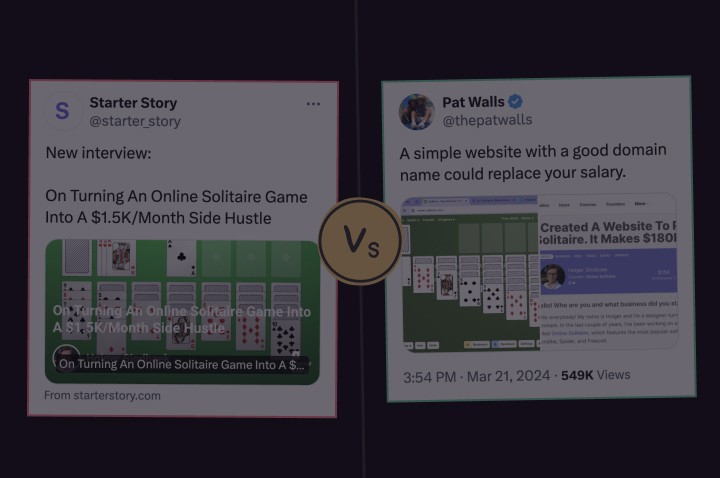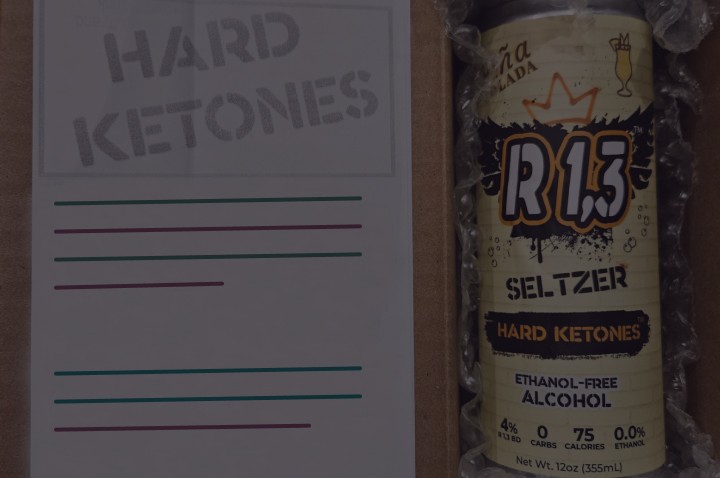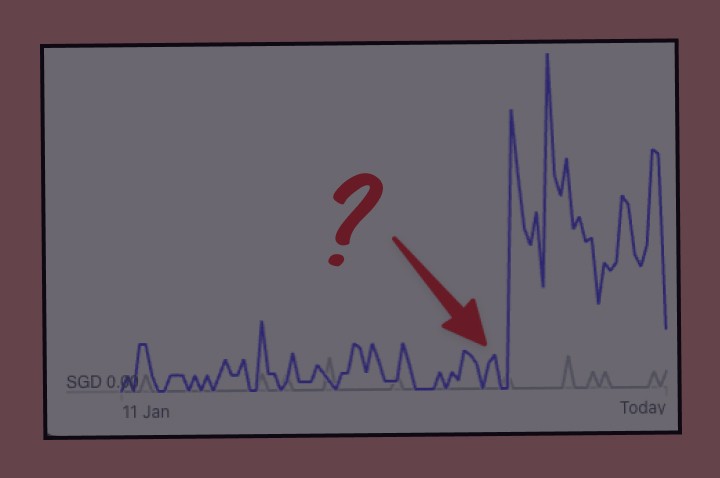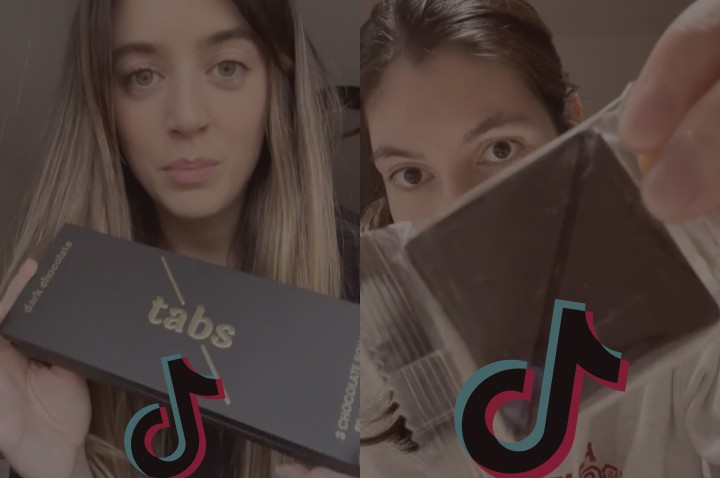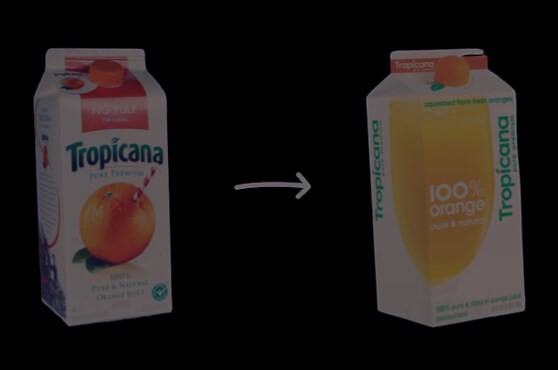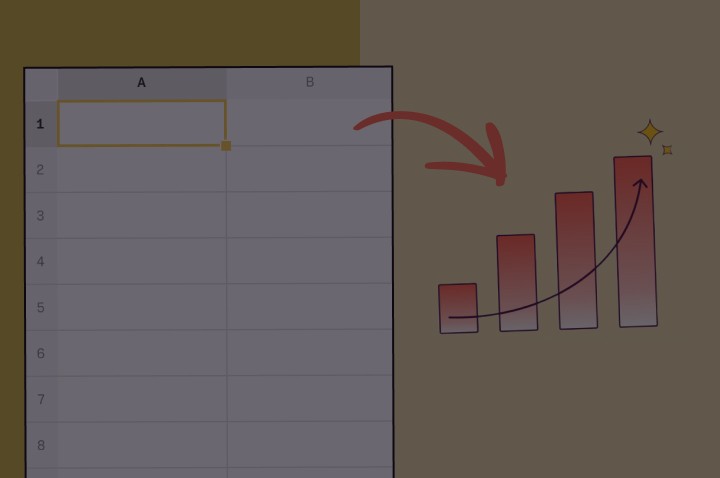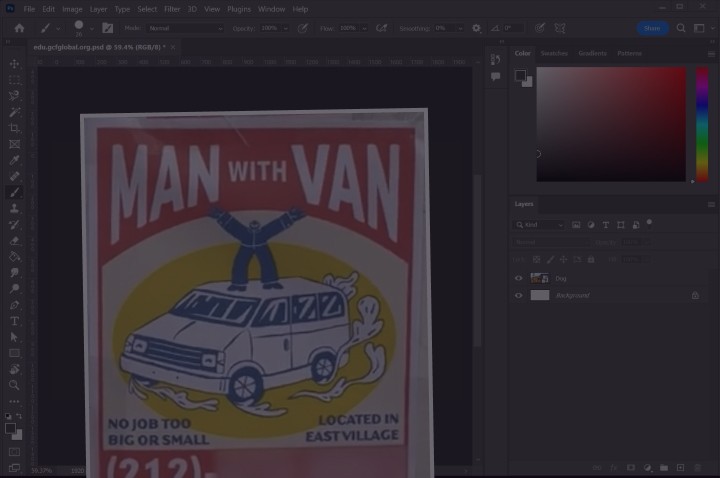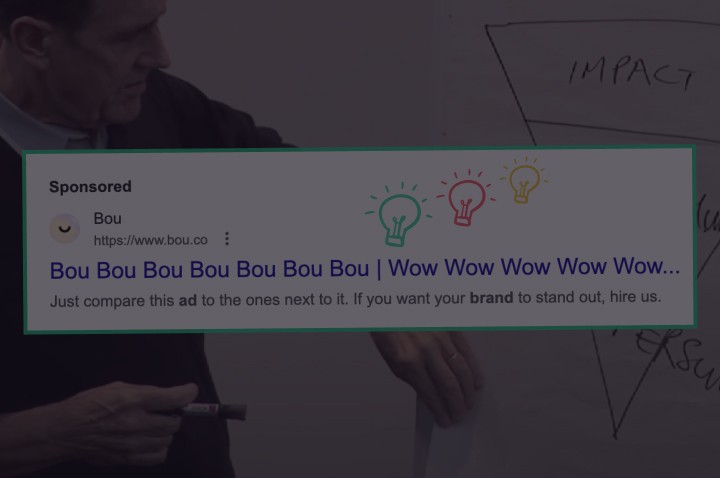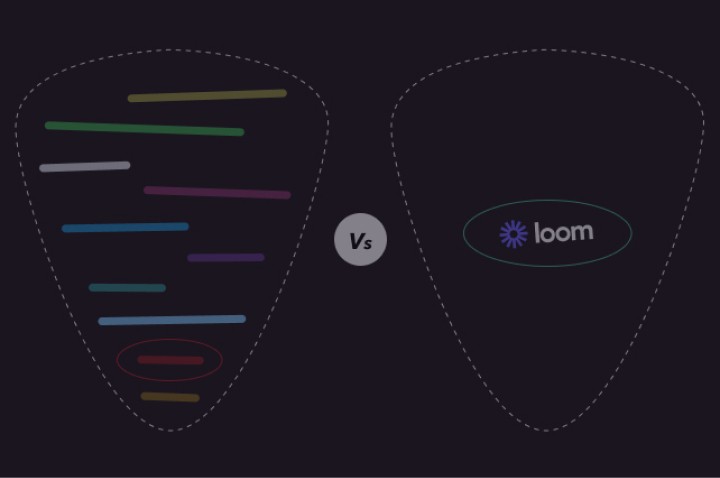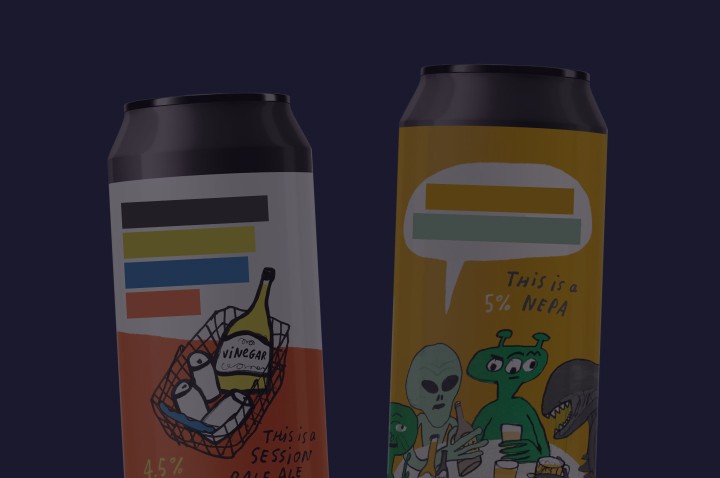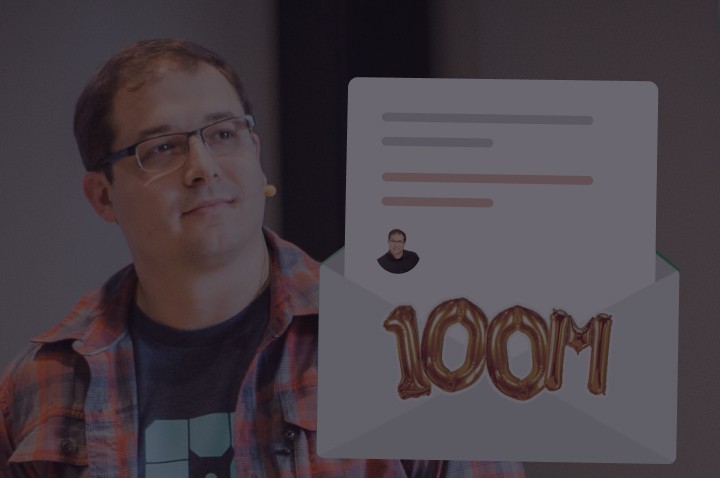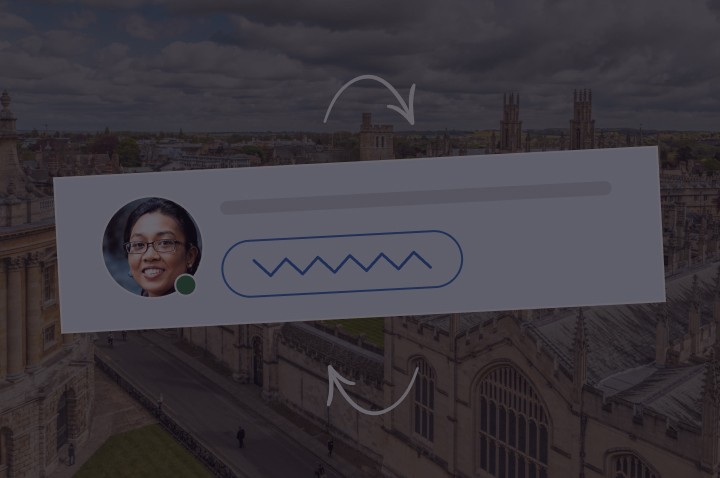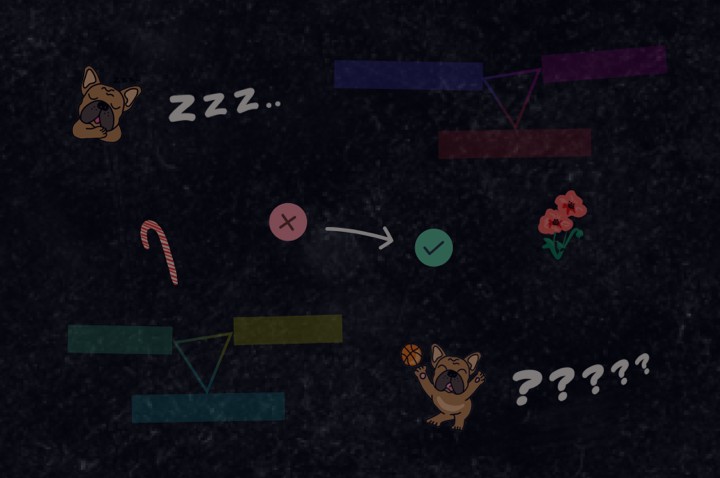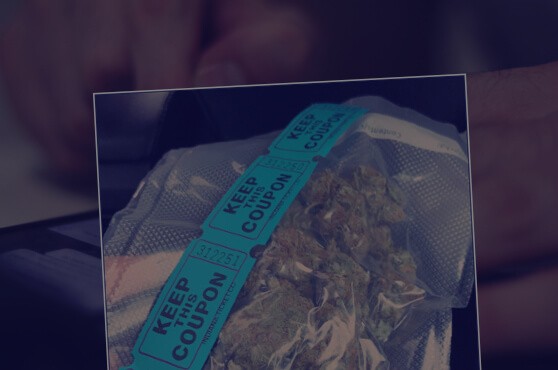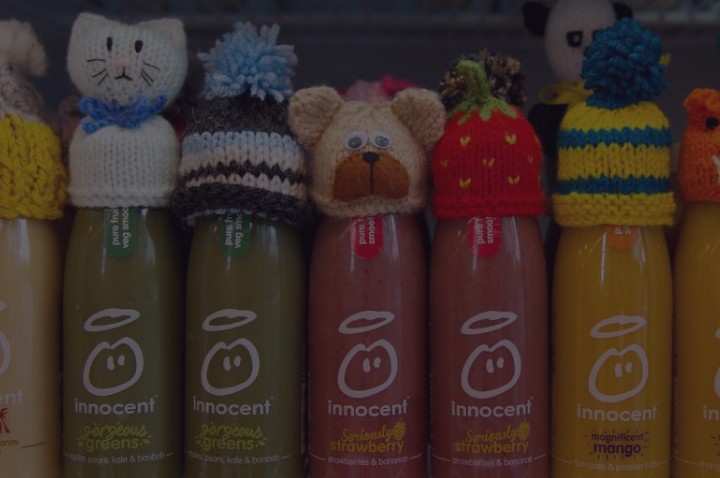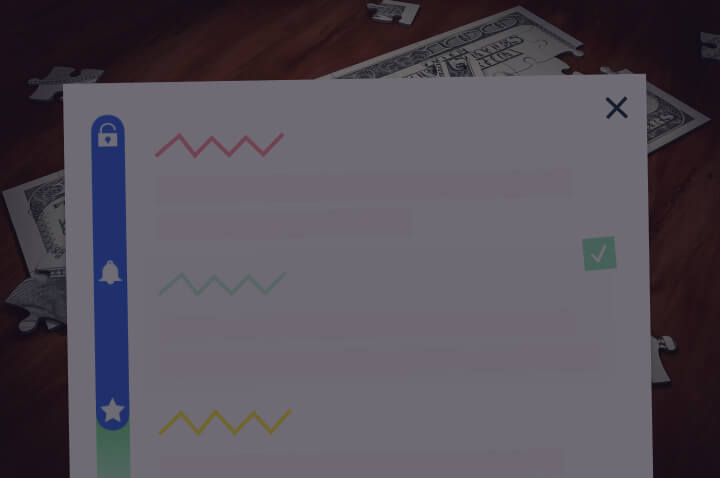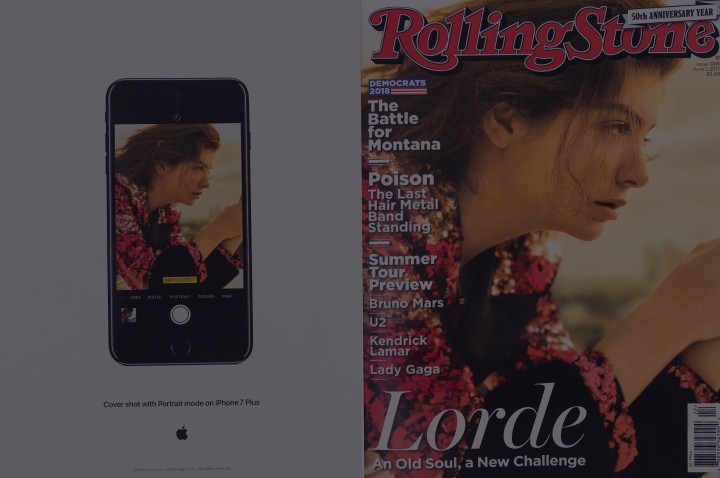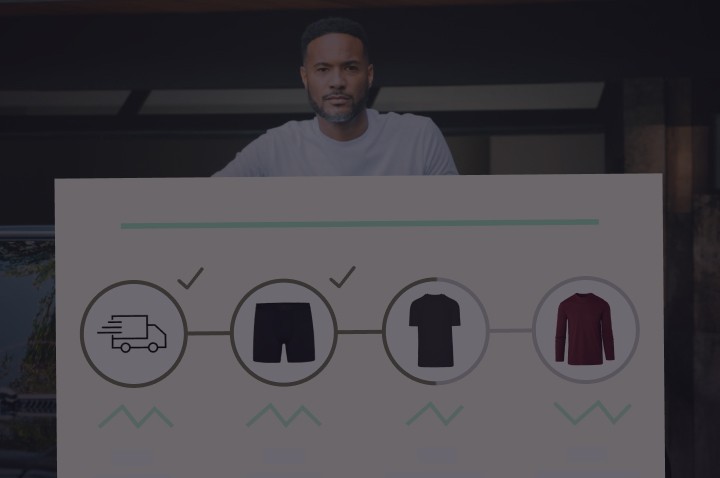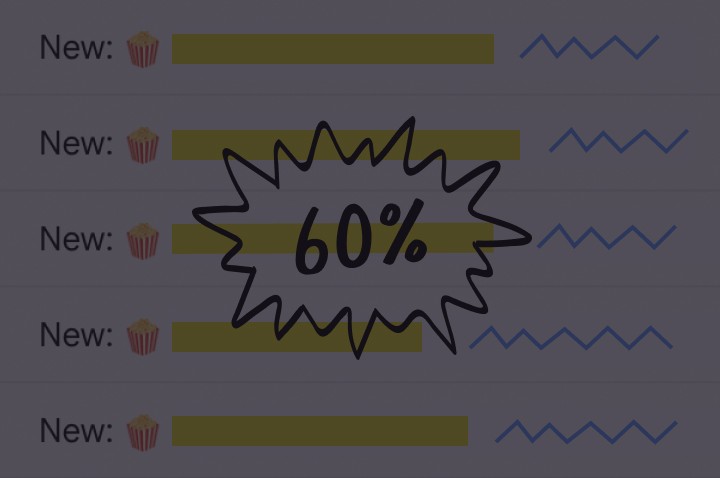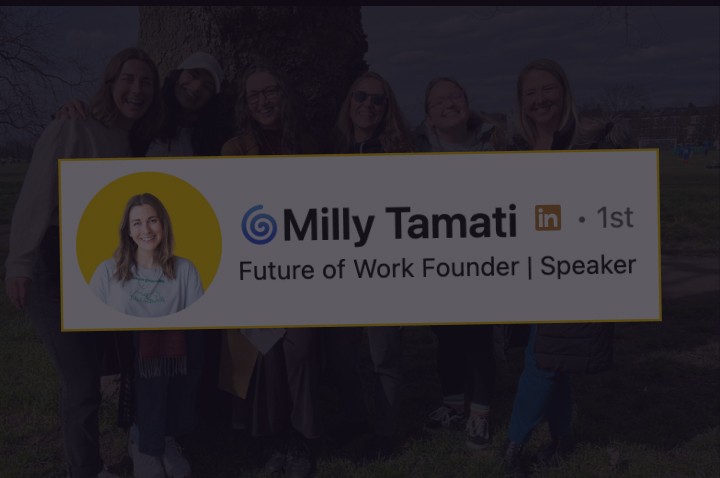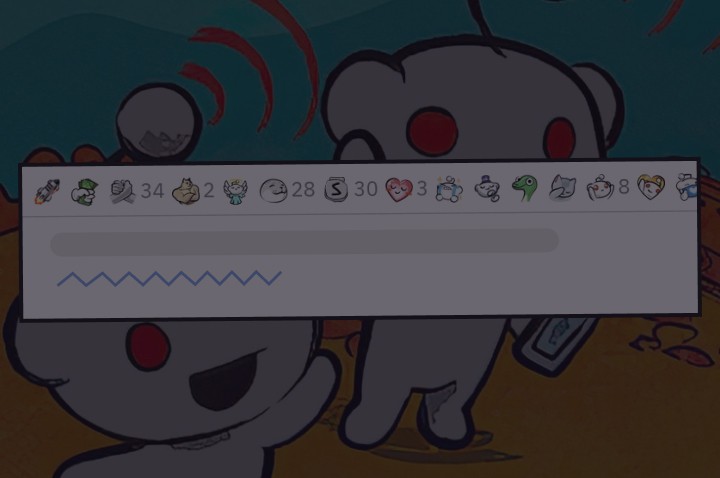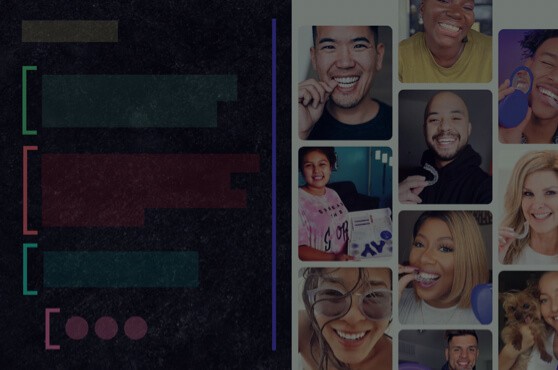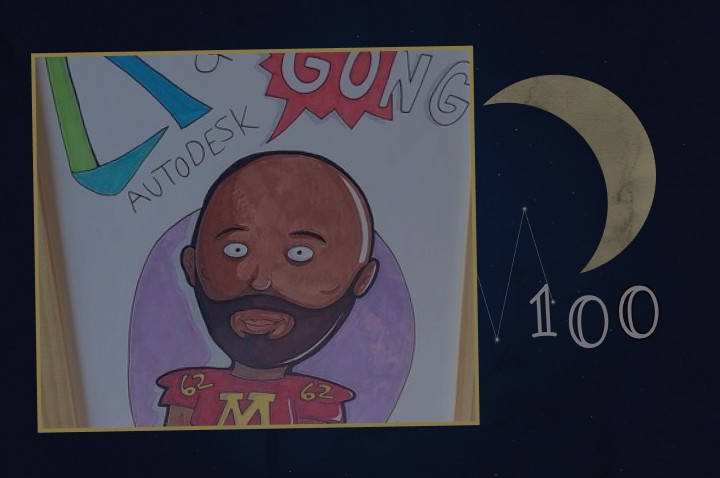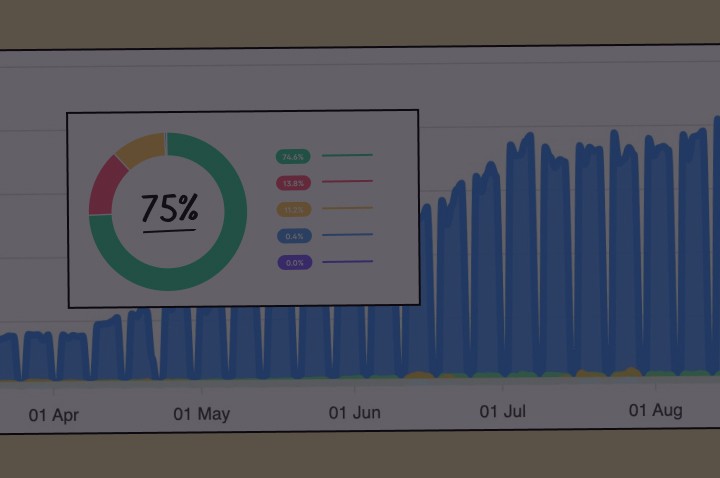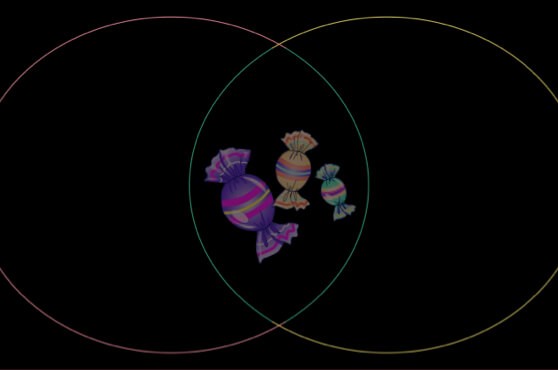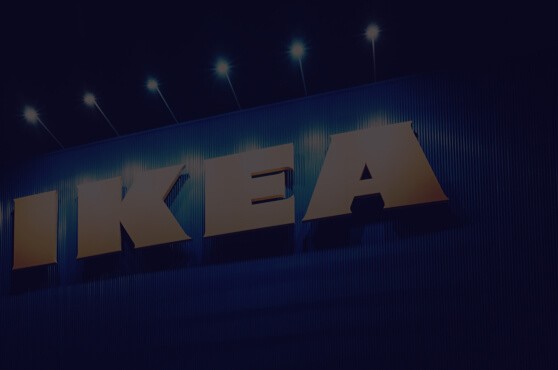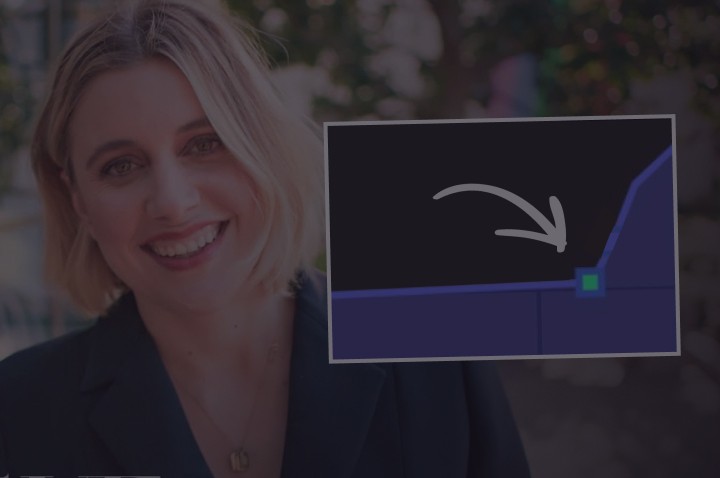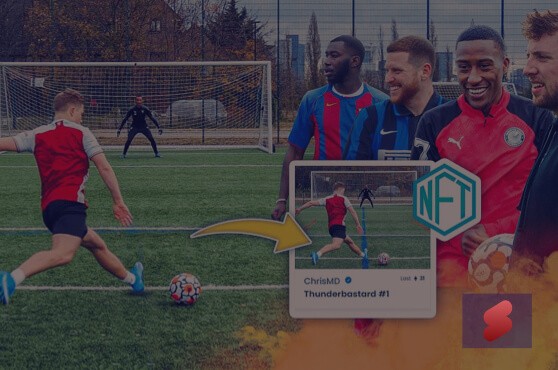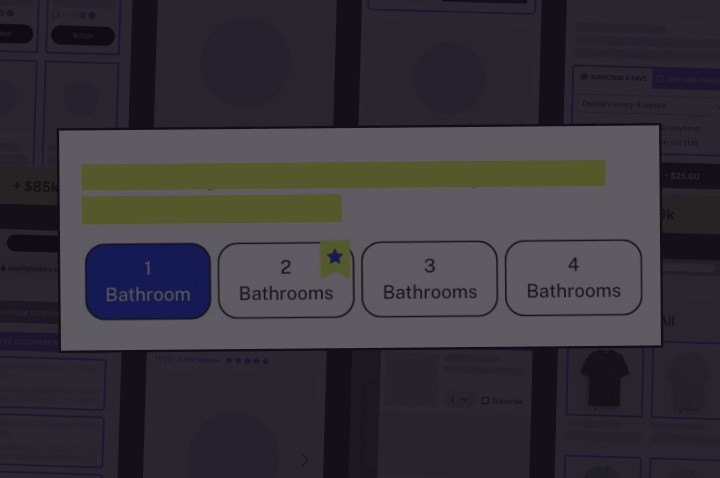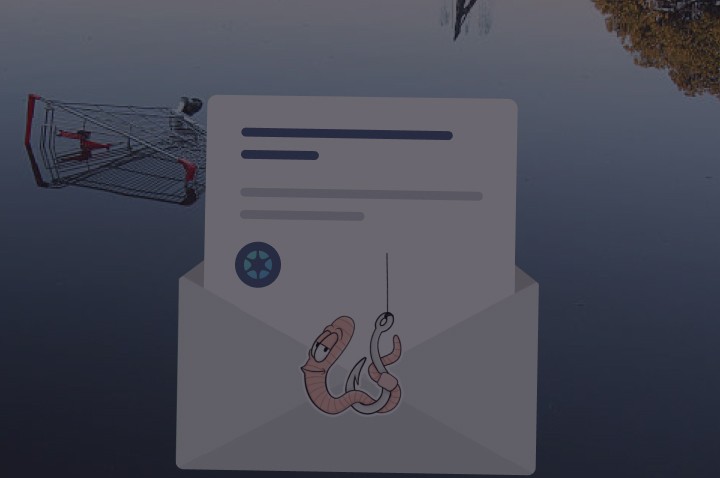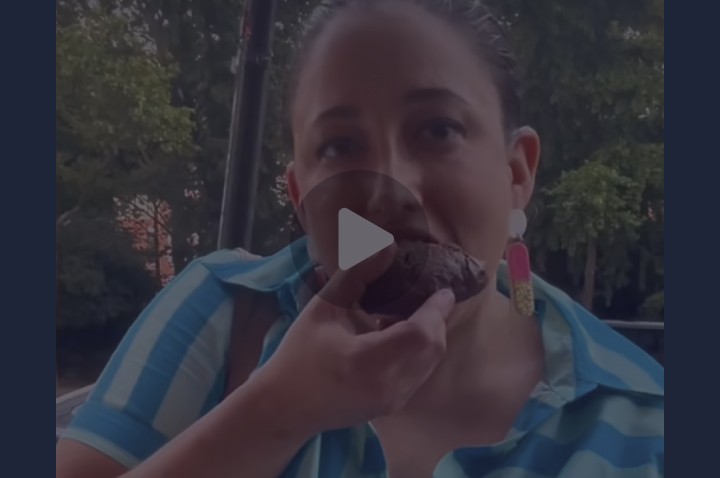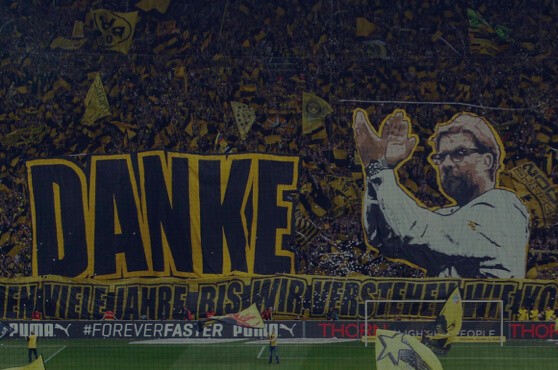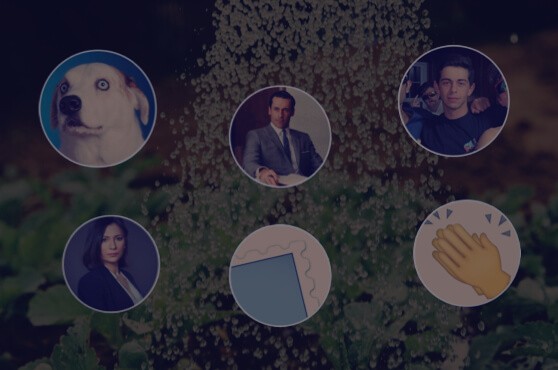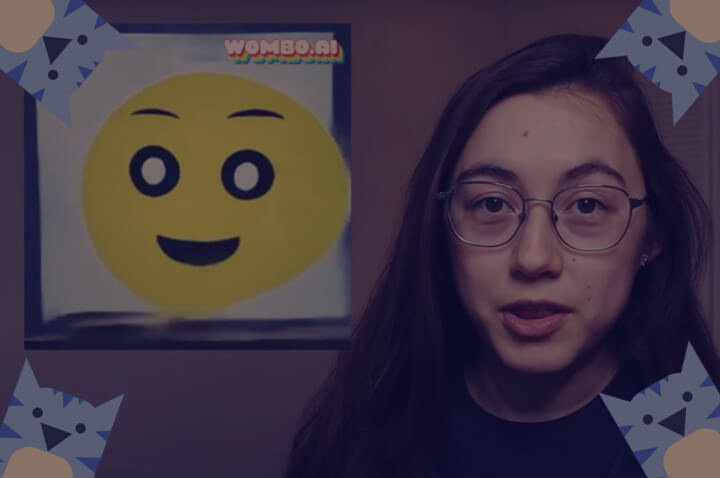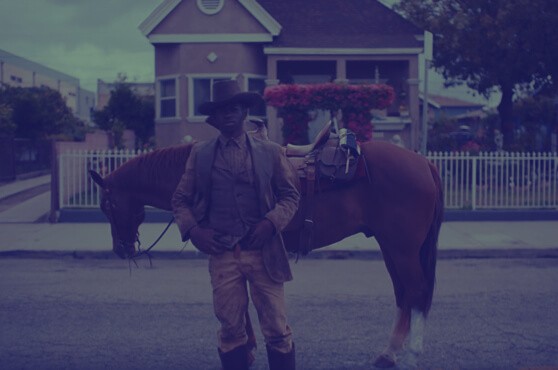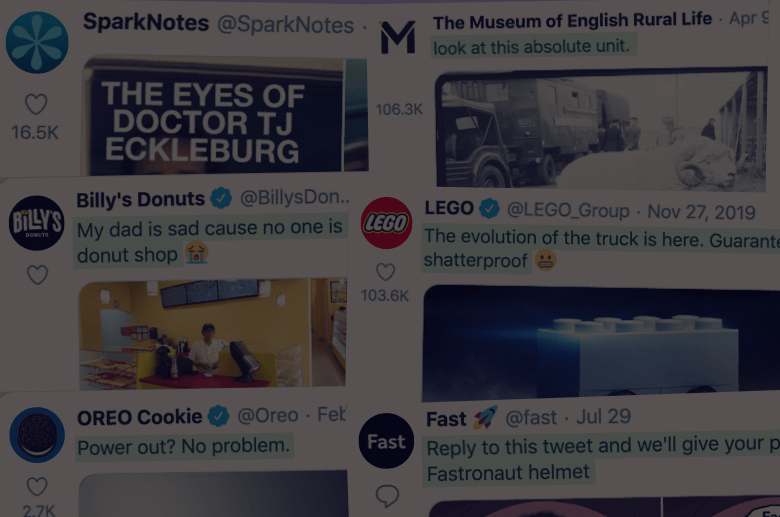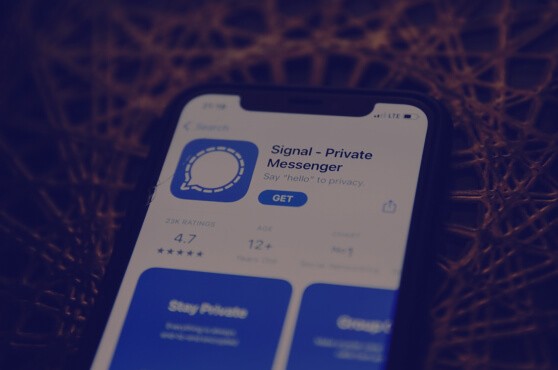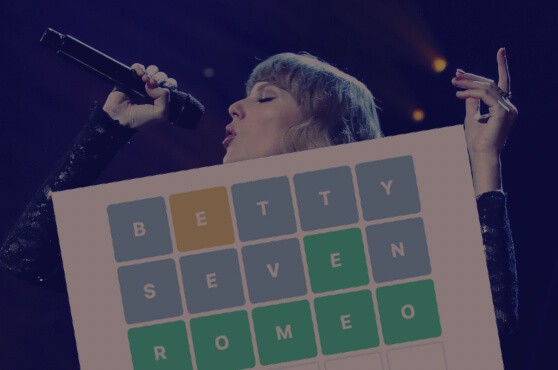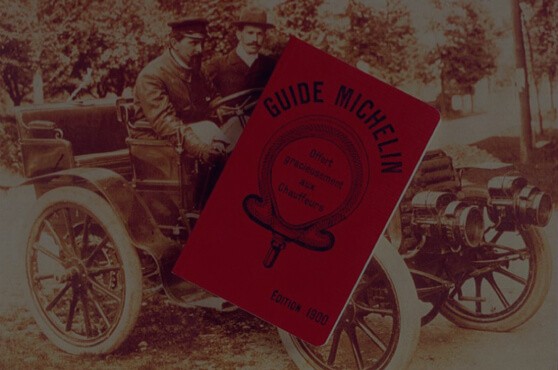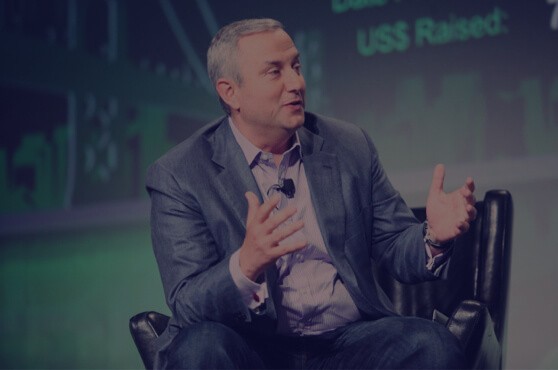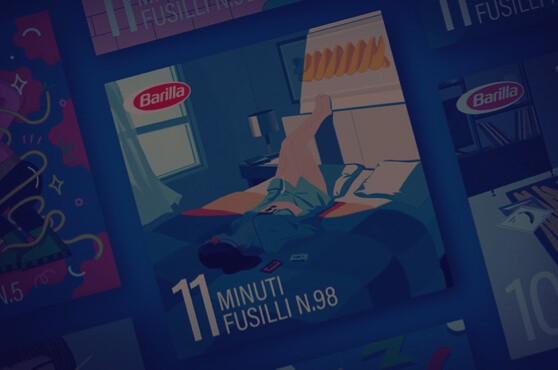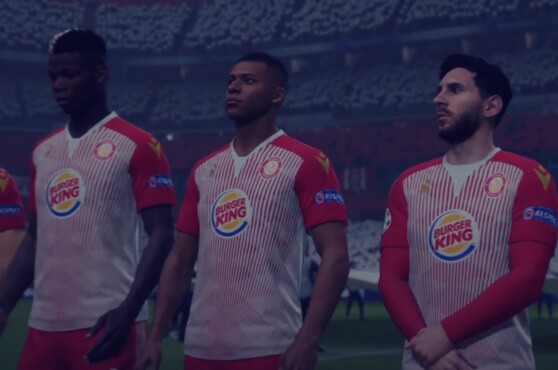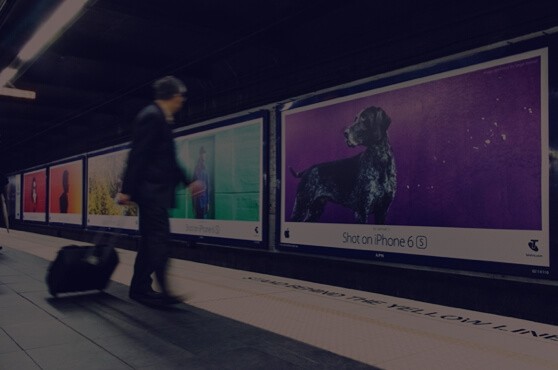

A story about my dad and PPC ads
My dad runs a small study skills company in the UK.
It's an old-school business. Up until last year, the only marketing he's ever done was sending flyers to schools. But, over time, flyers had stopped working so well, so he started thinking about running digital ads.
One of his friends was raving about Facebook. So he began recording testimonials with teachers and putting them out as Facebook ads:
The return was awful. But it didn't deter him. He started watching YouTube videos, signing up for webinars, and even bought an online course.
Two months later he got his first sale. The ads still weren't close to being cost-effective.

Dad remained adamant Facebook would come good. Every time I called he would tell me about another idea for a new campaign:
I've got the pixel firing... We need a lookalike audience... It's all about the relevancy score...
Now, my dad is 58 years old. He has an old brick for a phone and thinks “emojis” are a Caribbean fruit. It was inspiring seeing him so far out his comfort zone, but I can't say I agreed with his approach.
“How do you know Facebook is the best way of getting in front of teachers?” I asked.
“What do you mean?”
“Well, you haven't tried any other platforms. So how do you know Facebook is this holy grail?”
To Dad's credit, he took my point onboard. He got stuck into Twitter ads, Google ads, and even sponsored a teacher's conference.

The Google ads bombed. His first attempt on Twitter performed better than six months of “perfecting” on Facebook. But, the conference was the real success. In just one day it pulled in more than a month's revenue.
Big up yourself, Dad.
The moral of the story
A little knowledge is a dangerous thing.
Any marketer tied to one idea will spend six months going from “A” to “B”. Only the one who assumes nothing finds “X“, “Y“ and “Z“.
The foolproof approach is to assume you're a fool.

Try lots of quick experiments with different platforms. The pattern to replicate is:
- - - - - | - - - - | - | - - - -
where a dash represents a small loss and a straight line a new discovery. Then, when you find what works, hone it.
And finally
When running ads you want to make sure you're measuring conversions, not clicks. Clicks are noise. Conversions are signal.
Facebook would consistently drive the cheapest clicks to my dad's site. But it wasn’t the right type of “click”. None of them were interested in buying.
* This article is a good intro to conversion tracking in Google Analytics.
** A simple proxy for conversions is “session duration”. If most of your traffic is bouncing after a few seconds it’s probably the wrong type of traffic.





